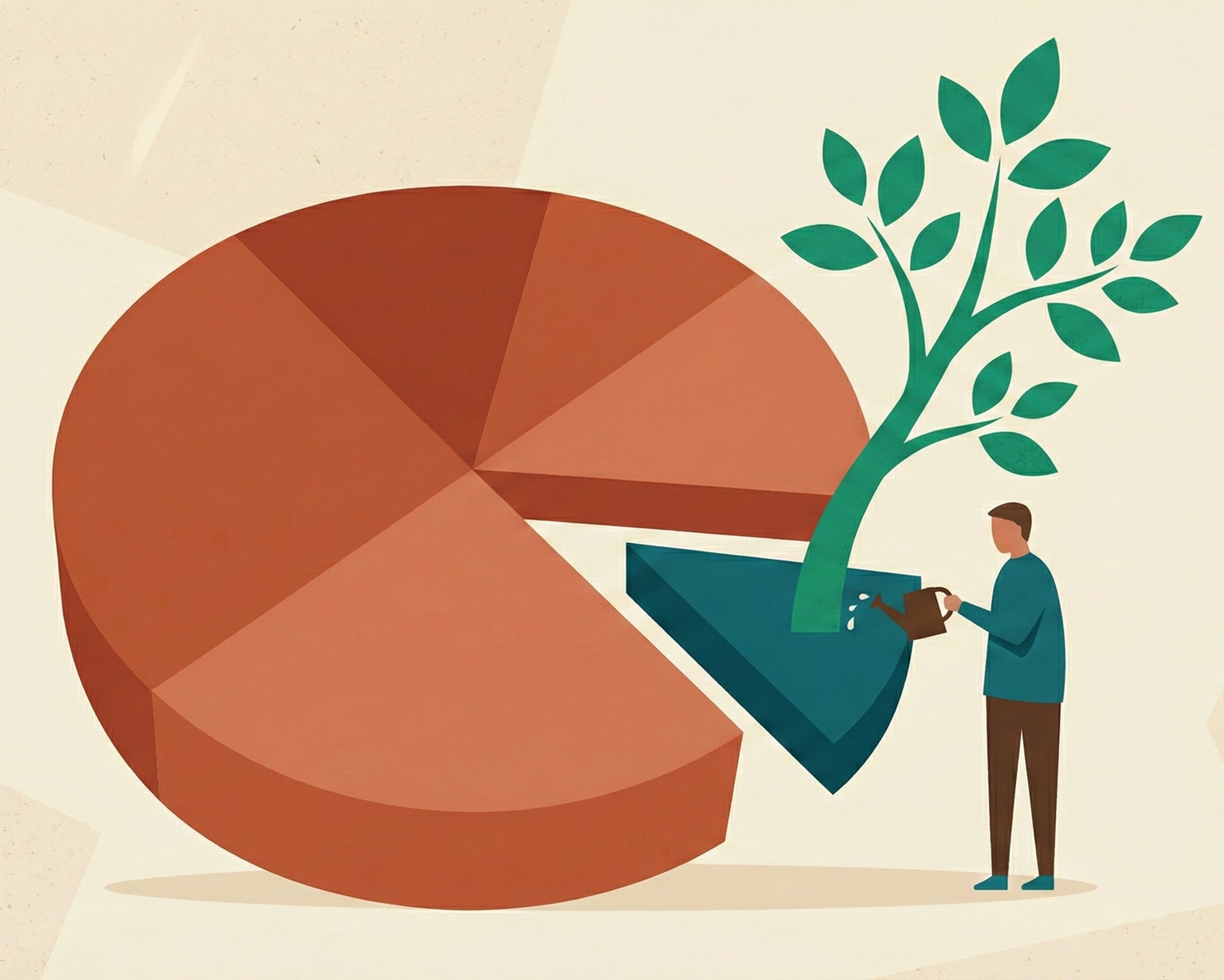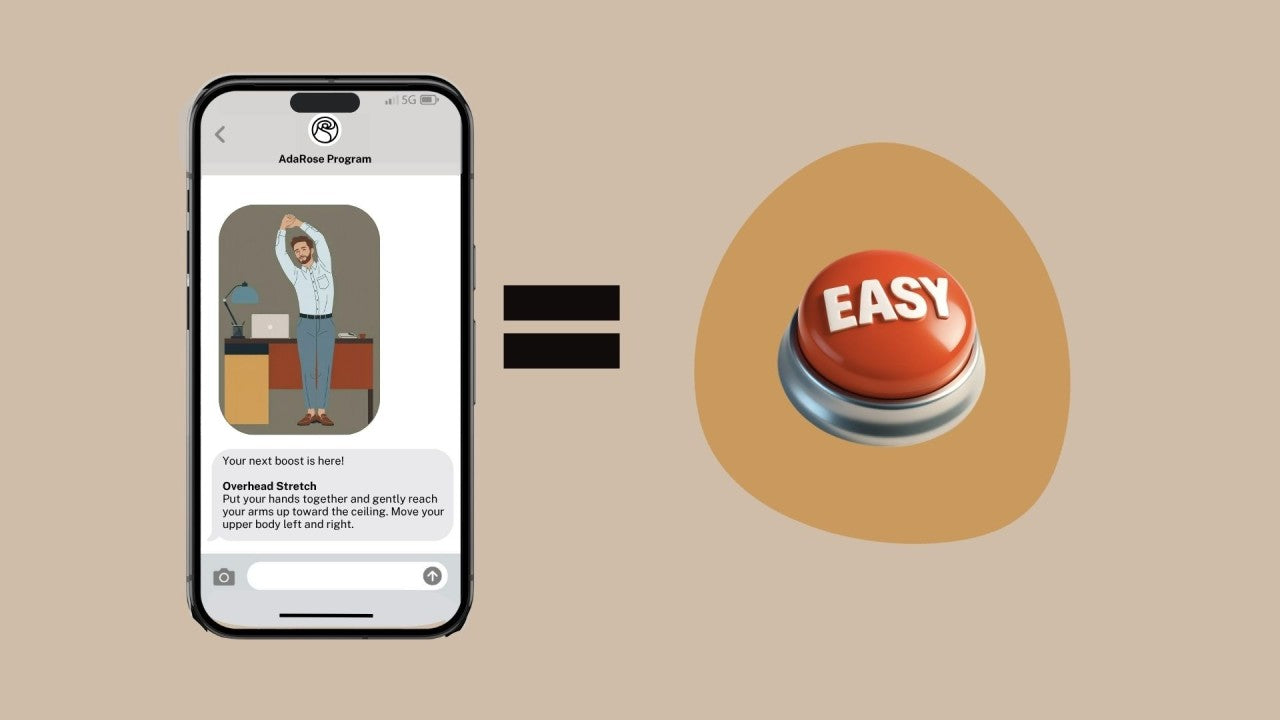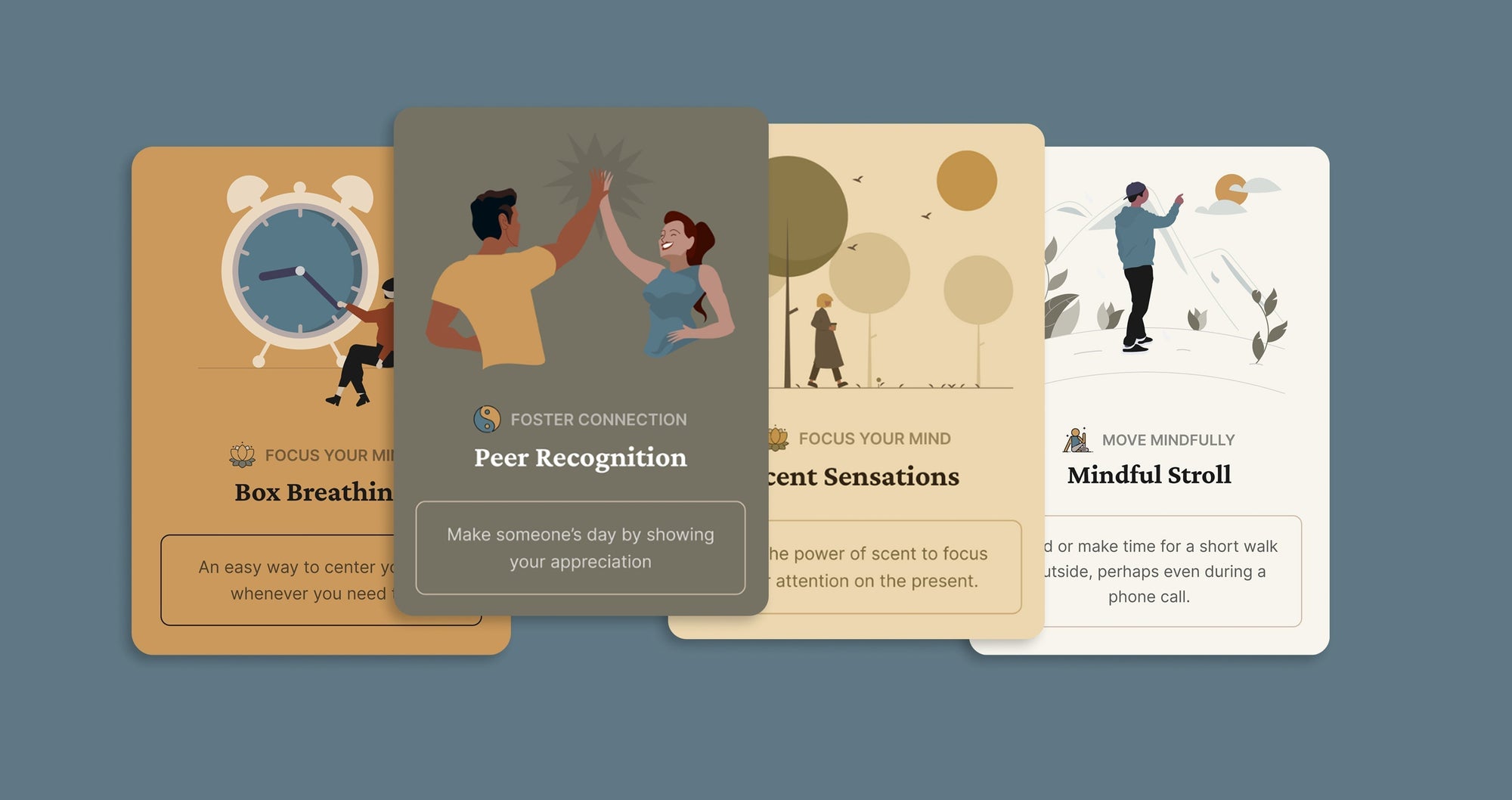In this holiday season, many of us are gathering with family members and friends. Even if you’re not in the midst of a major life transition yourself, chances are someone in your immediate circle is.
Several of my family members in my parents’ generation are moving to retirement communities in the coming year. While I know that the transition is tougher for them, I feel a bit mixed about it myself.
It will be hard for me to say goodbye to familiar homes and let go of objects that have been part of my environment for years. Places and things hold memories of times past, and connect us to relatives who are no longer alive.
On the other hand, especially in this time of increased isolation, I’m excited for my relatives to (safely) join active social communities of people with similar interests. They will be able to meet new friends, pursue a variety of interests, and have a better infrastructure to support their health and other daily life needs.
Moving to a retirement community is just one major life transition. Others include leaving home for college, getting married, having a baby, getting divorced, adjusting to a new health diagnosis, or coming to terms with the loss of a loved one. Starting a new job can be a major transition, too.
Even planned and positive transitions, such as having a baby, can catch you off balance a bit. Regardless of the type of transition, we’ve compiled some tips to help you weather it with ease and grace.
Handle your transition chunks at a time

In the example of moving into a retirement community, choosing a move-in date that is many months into the future can make a big difference. It can give you time to sort through and pack belongings in stages. Sorting through decades’ worth of clothing, papers, furniture, and memories is quite a task!
Marie Kondo’s method of tidying up requires that you process your belongings according to categories. I decided to start cleaning up my own belongings that have been stashed at various family members’ homes for years by category, too.
Since I had my daughters with me, I chose to sort through my old clothes and see if they’d like any of them. My high school letter jacket, prom dresses, T-shirts written on by friends… it’s fun to see my girls try my things on.
My girls hate the wide-shoulder styles of the 90s (it's a shame, I had some fabulous suits Calista Flockhart would've worn as Ally McBeal!), but they look great in some of my classic dresses, and they like the seemingly endless pile of scarves I bought in Harvard Square back when I was their age.

Let's meet at the Border! My husband and kids at one of my favorite restaurants of yesteryear.
The picture above is of my husband and two daughters in front of the Border Cafe in Harvard Square, a Mexican Restaurant I used to love when I was a teen and well into my twenties. My friends and I would go there on weekends for fajitas, chips, and massive iced drinks—wearing our letter jackets!
Today, sadly, the Border Cafe is boarded up after 34 years, a casualty of a fire and then the COVID pandemic, but I still enjoyed visiting my haunts of years ago and sharing them with my husband and girls.
Get help
Especially with the pandemic and other challenges of the last couple of years, I feel relatively fortunate. I recognize that not everyone has been so lucky, and that everything can change in an instant. Several people in my social circle have lost loved ones during this time.
One family friend of ours in her forties unexpectedly lost her husband, who died of a heart attack last spring. She has two teenage sons. No one could have been prepared for a loss like that. She and her boys have leaned heavily on her community of neighbors to support them in the following months.
Another woman who is part of my running group also had a heart attack last summer, but was fortunate to survive, thanks in part to the heroic efforts of several police officers, fire fighters, and a member of the US Congress who noticed her lying on the ground in the dark on Capitol Hill. Our running group set up a meal rotation schedule to feed her and her family when she came back from the hospital after a successful bypass surgery.

It can be difficult to ask for help, but the truth is, most people are grateful to be able to pitch in, and they may need to ask for your help in return some day. Cultivate the skill of letting people know precisely how they can best help you.
Understand the levels of emotional weight of your transition to dos
A few years ago I attended a workshop at Kripalu, a yoga and health center in Stockbridge, Massachusetts. Kripalu offers workshops on yoga, cooking, and spiritual growth.
In this particular workshop, which was about centering your life and managing stress, the teacher explained procrastination in part by recognizing that the emotional weight of some tasks is much heavier than that of others.
Some items may remain on your “to do” list for a long time not because they are physically difficult, but because they involve a great emotional effort. For example, which is harder: paying a heating bill, or paying a speeding ticket? Even if the process of writing a check or authorizing an online payment and the amount due are equal, the speeding ticket may be more emotionally loaded.
Maybe you were speeding because you were upset about something, or maybe you’re frustrated with yourself for speeding. The point is, you need to recognize the emotional gravity or negative emotions associated with some tasks, give yourself extra leeway in completing them, and be kind to yourself both for initially avoiding them and eventually for getting them done.
Limit your transitions
If at all possible, try not to stress yourself out by going through too many transitions at one time. Just had a baby? Maybe not the best time to start a new job, if you can wait. No matter what, be patient with yourself and take breaks from managing the change. Know that you’ll need extra time to adjust how you’re thinking and feeling in addition to any logistical considerations.
Do you have any helpful tips for managing life’s inevitable transitions?





